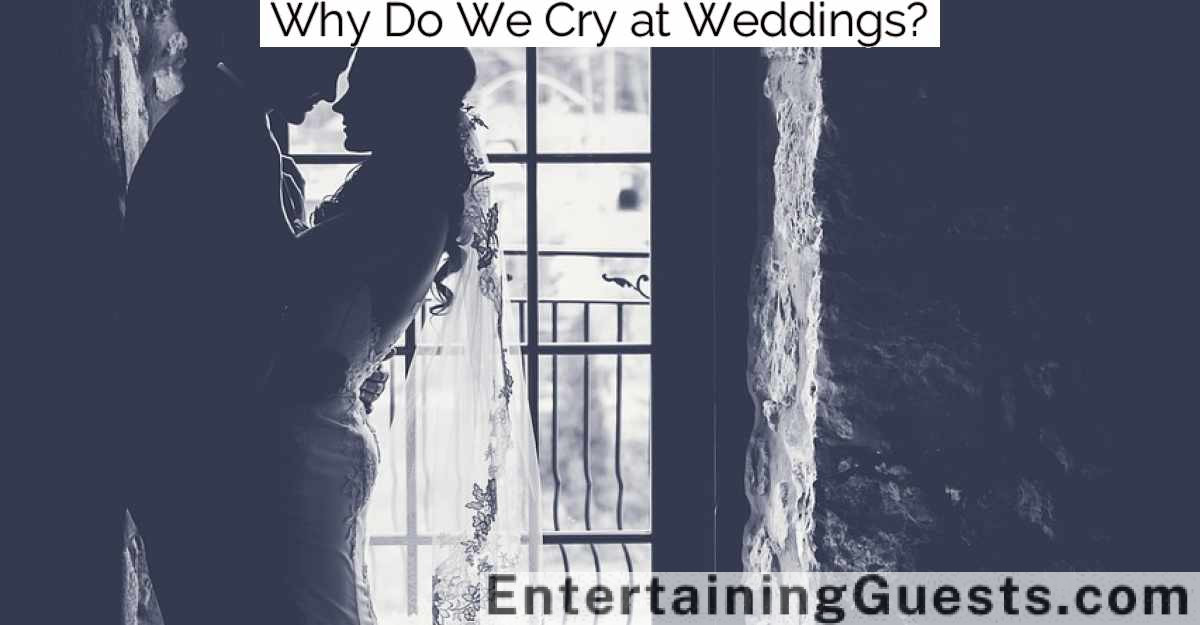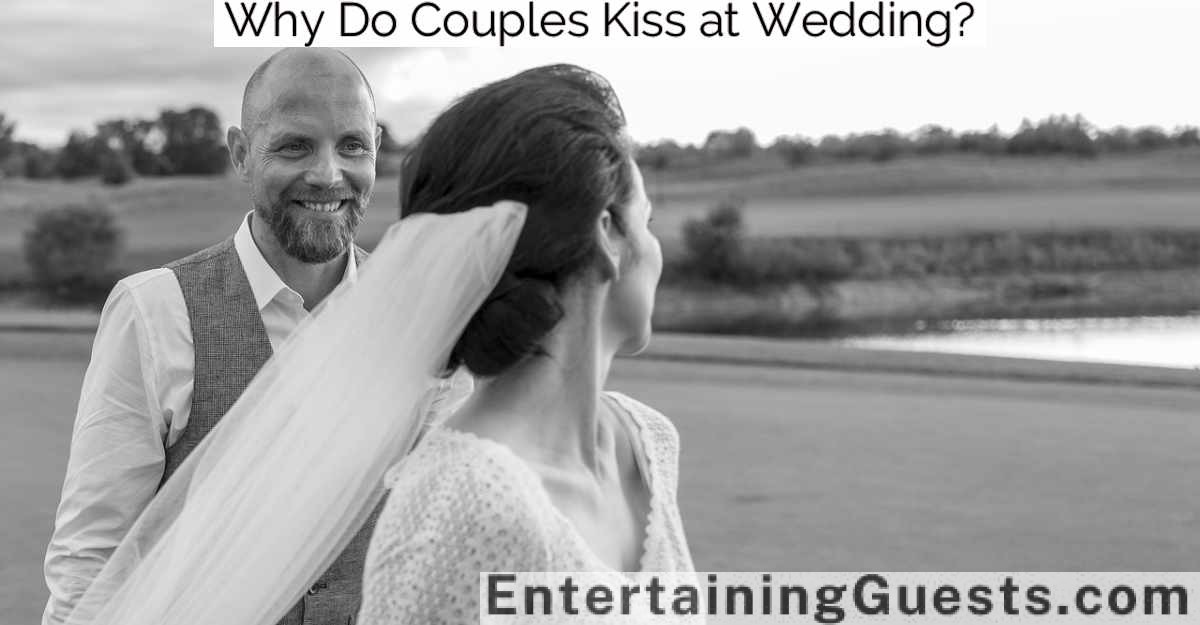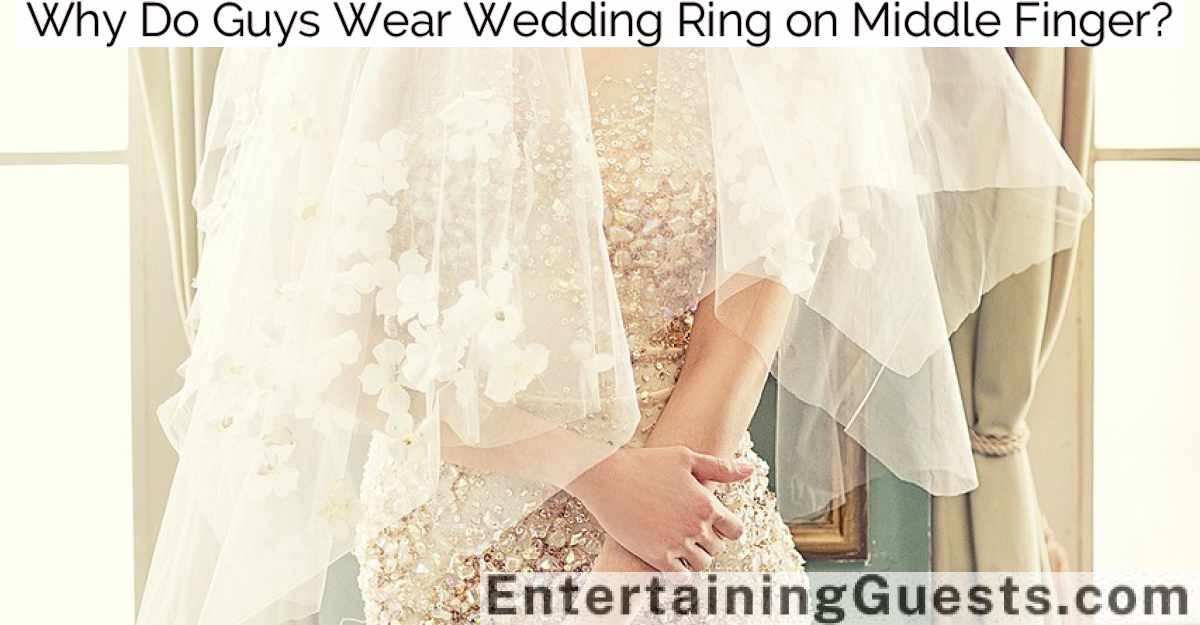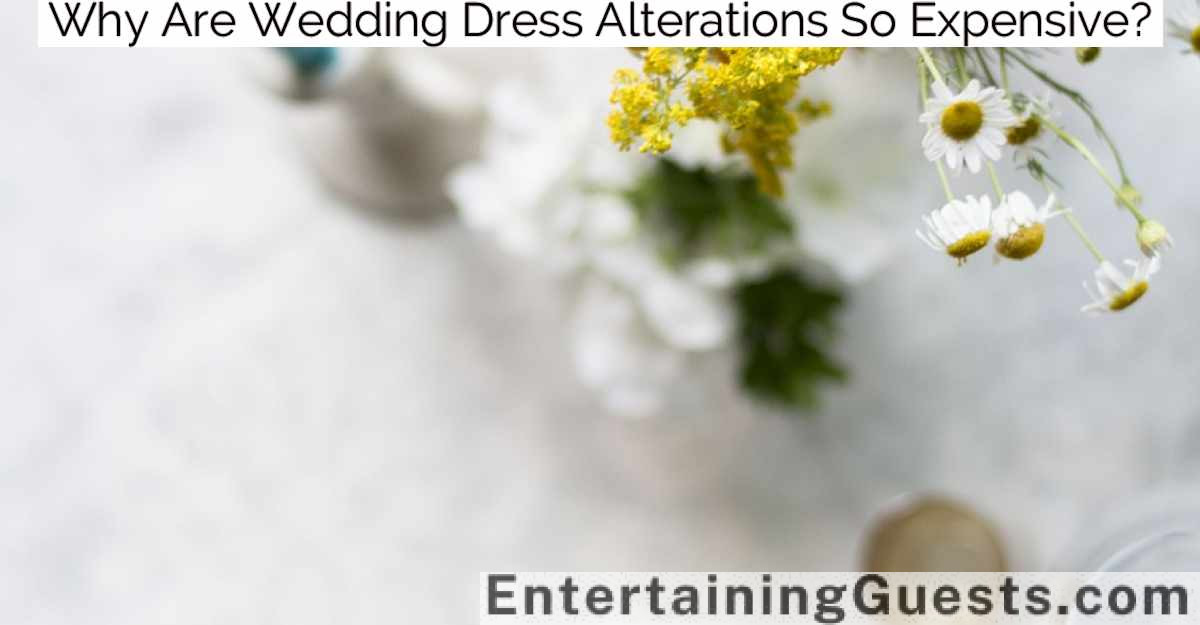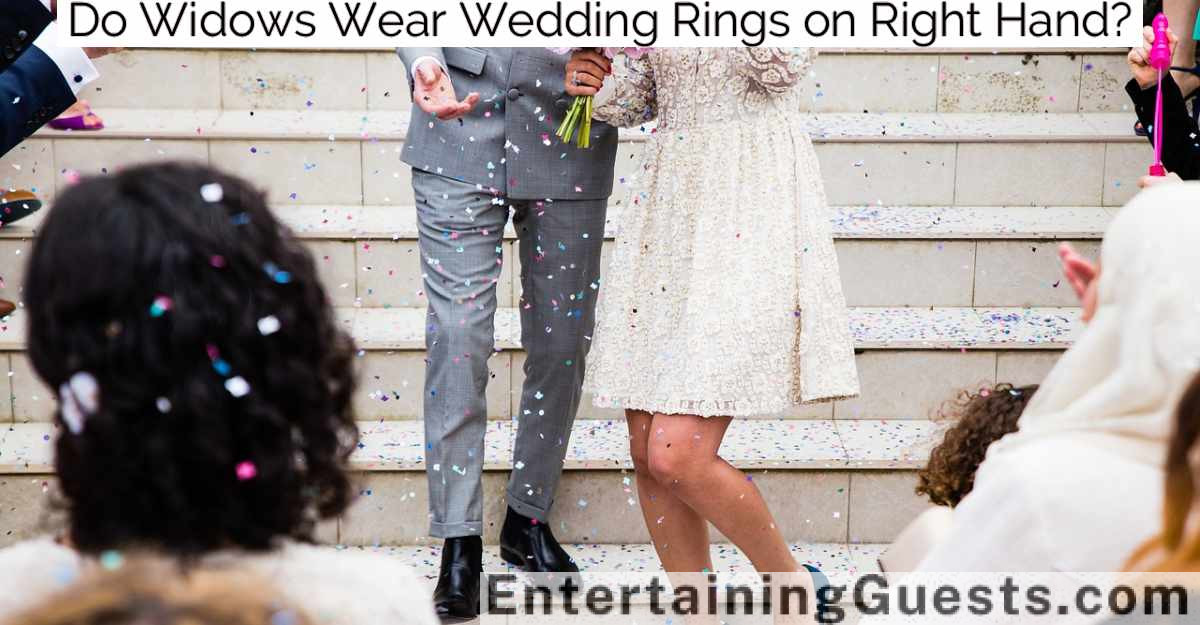At weddings, you might find yourself crying due to emotional contagion and biochemical responses. Witnessing the vows can activate your mirror neurons, leading you to share in the couple’s profound moments of commitment. This experience not only heightens your own emotional state through the release of oxytocin, known as the ‘love hormone,’ but also triggers a release of serotonin and dopamine, enhancing feelings of joy and connection. The combined impact of poignant traditions, communal celebration, and reflective personal memories often amplifies these feelings, leaving you overwhelmed with shared happiness and perhaps a tear or two. Exploring more on this might offer deeper insights into your emotional responses at such events.
Key Takeaways
- Vows and promises evoke strong emotions by symbolizing lifelong commitment and transformation in relationships.
- Rituals like the sand ceremony visually symbolize the joining of lives, enhancing emotional resonance.
- The presence of family and friends triggers feelings of joy, nostalgia, and a sense of community, often leading to tears.
- Music and atmosphere at weddings influence emotions significantly, prompting emotional responses like crying.
- Weddings trigger biochemical releases like dopamine and oxytocin, heightening feelings of joy and emotional connection.
The Power of Vows and Promises
When you hear a couple exchange vows, it’s not just their words, but the profound promise of lifelong commitment that often brings tears to your eyes. This emotional reaction is rooted in the psychological concept known as emotional contagion, where you instinctively mirror the feelings expressed by others around you.
At weddings, when you witness the sincerity and depth of the couple’s promises to each other, your brain’s mirror neurons activate, compelling you to experience similar emotions.
Moreover, vows symbolize a pivotal transformation in the couple’s relationship, signifying not just a legal bond, but a deep personal and social commitment. This moment resonates with your own experiences and desires for connection, belonging, and love, triggering an empathetic response.
As you listen to the vows, you’re not merely an observer; you’re emotionally transported into the narrative of enduring partnership and mutual support.
This psychological engagement is enhanced by the setting and solemnity of the occasion, often amplifying your emotional response. The vows act as a powerful reminder of the values of loyalty, sacrifice, and support that are esteemed in human relationships, making you reflect on your own relationships and life choices.
Emotional Impact of Wedding Traditions
As you witness the array of symbolic rituals at a wedding, you’re tapping into a deep well of shared cultural significance that profoundly stirs emotions.
Vows, as a core tradition, evoke powerful feelings by encapsulating the commitment and personal sentiments of the couple.
The emotional resonance of unity rituals, like the lighting of a unity candle, underscores the psychological impact of visually and symbolically representing the joining of lives.
Symbolic Rituals Stir Emotions
Symbolic rituals at weddings, such as the exchange of rings or lighting of unity candles, often evoke deep emotions because they embody profound personal and cultural meanings.
When you’re at a wedding, witnessing these rituals, you’re not just watching a couple exchange items or light a candle; you’re observing a manifestation of commitment and a shared destiny. These moments are loaded with symbolism that resonates on a deeply emotional level.
Consider this:
-
Continuity and Connection: Rituals like the sand ceremony, where individual sands are blended, symbolize the inseparable union of the couple. This visual representation of life-long unity appeals directly to your sense of continuity and connection within human relationships.
-
Identity and Belonging: Participating in age-old traditions, such as wearing something borrowed or blue, links you not only to the couple but also to the generations before. It’s a poignant reminder that we’re part of a larger narrative, which can stir feelings of nostalgia and belonging.
-
Shift and Transformation: These rituals mark the shift from two separate lives to a bonded pair. Witnessing such a significant transformation triggers an empathetic response, as you reflect on your own experiences of change and growth.
Vows Evoke Deep Feelings
Beyond the visual symbolism of rituals, the vows exchanged at weddings often strike a profound emotional chord, reflecting the personal commitments made. When you hear these promises spoken aloud, they’re not just words; they represent a deep, intrinsic bond being publicly acknowledged and solidified. This moment often triggers a release of neurotransmitters in your brain—specifically oxytocin, sometimes referred to as the ‘love hormone.’ This chemical plays a vital role in bonding and increases feelings of trust and emotional connection.
Moreover, the act of making vows in front of family and friends amplifies these feelings. It’s not merely an intimate promise; it’s a communal affirmation which psychologically enforces a sense of support and unity around the couple. This public commitment can intensify the emotional experience due to what psychologists call ‘social facilitation’, where people tend to perform differently when they know they’re being observed by others.
The emotional weight of these vows can also stir up personal memories or aspirations about love and commitment, making you reflect on your own relationships or desires. This introspection, combined with the empathetic witnessing of a couple’s commitment, can often lead to tears, as you’re moved by the beauty and sincerity of the moment.
Unity Rituals’ Emotional Resonance
Unity rituals at weddings, such as the sand ceremony or lighting of a unity candle, powerfully resonate with attendees, evoking a shared emotional journey that highlights the merging of individual lives into one partnership. These moments capture the essence of commitment and blend personal stories into a singular narrative, weaving a rich tapestry of unity that touches everyone present.
Here’s why these rituals are so impactful:
-
Symbolism: Each grain of sand or flicker of the candle flame represents the myriad moments and shared experiences that forge a strong marital bond. This visual metaphor helps you see the tangible formation of new bonds.
-
Participation: Often, family members or friends are invited to contribute, deepening the collective investment in the couple’s happiness. This inclusion amplifies emotional resonance, making you feel a part of their foundational story.
-
Cultural Resonance: Many cultures have deep-rooted traditions of unity in ceremonies, tapping into a universal human understanding of union and belonging. Witnessing these acts, you’re not just observing a ritual; you’re connecting to a profound lineage of human partnership.
These elements converge to make unity rituals at weddings a poignant reminder of the transformative power of love, eliciting tears as symbols and sentiments transcend the personal and reflect universal truths.
Psychological Effects of Happiness
When you experience the emotional highs at weddings, your body releases a cocktail of chemicals like dopamine and serotonin, which are key players in feeling joy and excitement.
This biochemical surge can often lead to tears of joy, as your emotional response overflows in a very visible way.
Understanding this can help explain why even the happiest moments at a wedding may prompt you to cry, reflecting a complex interplay of psychological reactions to intense happiness.
Emotional Highs Explored
While happiness often elicits tears at weddings, these emotional highs are deeply rooted in the complex interplay of psychological effects. You’re not just reacting to a single event; rather, you’re experiencing a flood of feelings that are both profound and transformative. Understanding why these emotional surges occur can help you appreciate the depth of your responses.
-
Neurochemical Cocktail: When you witness a wedding, your brain releases a cocktail of chemicals including dopamine, serotonin, and oxytocin. These neurotransmitters are associated with pleasure, happiness, and social bonding. The surge in these chemicals produces a heightened emotional state that can lead to tears.
-
Empathetic Resonance: You empathize deeply with the joy and love being celebrated. This empathy activates regions in your brain that are involved in emotional processing, particularly the mirror neuron system, which allows you to ‘feel’ the emotions of others. This shared joy is so intense that it can overwhelm you, resulting in tears.
-
Psychological Release: Weddings often represent a culmination of hopes and dreams, not just for the couple but for you as an observer. Witnessing these dreams come to fruition can trigger a psychological release, a letting go of pent-up emotions, which can manifest as crying.
These mechanisms reveal the beauty and complexity of your emotional responses at weddings, highlighting how deeply connected humans are to expressions of love and commitment.
Tears of Joy Explained
Many people find themselves unexpectedly shedding tears of joy at weddings due to the profound psychological effects of experiencing intense happiness. This response isn’t just emotional; it’s deeply rooted in your brain’s chemistry.
When you witness a wedding, your brain releases neurotransmitters like dopamine and serotonin, which are associated with pleasure and satisfaction. Additionally, the hormone oxytocin, often dubbed the ‘love hormone,’ floods your system, enhancing feelings of connection and empathy.
This neurochemical cocktail creates a powerful emotional experience that can overwhelm your usual emotional control. It’s as if your brain temporarily recalibrates, heightening your sensitivity to joy and bonding. This process is an indication of your deep-seated social instincts, where happiness isn’t just a personal experience but also a shared one.
Moreover, crying in such moments might serve a psychological purpose. It signals to others around you that you’re in touch with the emotional significance of the occasion, fostering a collective sense of unity and belonging.
Your tears at a wedding symbolize more than personal joy; they reflect a communal celebration of life and love, strengthening social bonds among those present. This shared emotional experience can be profoundly reassuring and solidifying, reminding you of the strength of human connections.
Influence of Family and Friends
Family and friends greatly influence our emotional response at weddings, as their presence often heightens our own feelings of joy and nostalgia. When you see familiar faces gathering to celebrate a momentous event, your emotional state isn’t just about the present joy, but also the shared memories and experiences. These interactions trigger profound emotional responses, often leading to tears.
Here’s how the presence of family and friends can make us more likely to cry at weddings:
-
Shared History: You’re not just witnessing a ceremony; you’re reliving every moment that led to this day. Each smile and hug from someone you’ve known for years reignites memories, amplifying your emotional experience.
-
Empathetic Resonance: Seeing others emotionally touched—perhaps a parent shedding a tear or a friend beaming with pride—can be contagious. You’re likely to mirror these emotions due to empathetic neurons in the brain, making you feel what they feel.
-
Sense of Community: There’s a profound feeling of belonging and togetherness at weddings. This collective joy creates a powerful emotional atmosphere that can overwhelm even the most stoic individuals.
Understanding these triggers can help you appreciate why weddings often turn into tear-filled celebrations. Embrace these moments; they’re a reflection of the bonds you share with those around you.
The Role of Music and Atmosphere
Music sets the stage at weddings, enveloping you in a soundscape that profoundly influences emotions and atmosphere. It’s not just background noise; it’s a carefully curated selection that aims to evoke specific feelings. From the gentle strains of a violin playing ‘Canon in D’ to an upbeat rendition of ‘Marry You’ by Bruno Mars, each piece is chosen to resonate with the sentimental journey of the day.
Neuroscientific studies reveal that music can trigger the release of dopamine, a neurotransmitter associated with pleasure and emotional responses. When you hear a touching melody, your brain’s limbic system, which processes emotions, becomes activated. This response primes you for emotional experiences, making you more likely to shed tears during heartfelt moments.
Moreover, the atmosphere at a wedding, amplified by music, creates a collective emotional state. You’re not just observing; you’re part of a shared experience that magnifies each emotional wave. This communal feeling can heighten your own emotional reactions, as humans tend to mirror the emotions of those around them.
Consequently, the combination of evocative music and a charged atmosphere can make tears at weddings almost inevitable, as they underscore the profound joy and solemnity of the occasion.
Reflections on Personal Memories
Reflecting on personal memories amplifies the emotional impact of weddings, as you connect the joyous occasion with your own life experiences. It’s not just about the couple exchanging vows; it’s a mirror reflecting your own past, present, and potentially, future. This connection triggers a cascade of emotional responses, often culminating in tears.
Emotions at weddings are multifaceted, and your personal memories play an essential role in how you experience the event. Here’s how:
-
Shared Happiness: You often project your feelings onto the couple. Remembering your own special moments—perhaps your wedding or a significant relationship milestone—you resonate with the joy you see. This shared emotional experience is known as emotional contagion, a phenomenon well-documented in psychological studies.
-
Reflection on Losses: Weddings can also evoke memories of lost loved ones or past relationships. This bittersweet nostalgia is a complex emotion, intertwining joy with sadness, and can lead to tears as a form of emotional release.
-
Hope for the Future: Witnessing a union might remind you of your aspirations for personal happiness and fulfillment. It’s a reminder of what’s been and what could possibly be, stirring a deep emotional response.
Understanding these triggers can deepen your appreciation of these moments, transforming mere observation into a profound emotional journey.
Frequently Asked Questions
How Do Tears Physiologically Form During Emotional Moments?
When you’re emotionally moved, your brain signals the lacrimal glands to release tears, a mix of water, oil, and mucus, that help express deep emotions and cleanse your eyes.
Can Crying at Weddings Vary Across Different Cultures?
Yes, you’ll find that crying at weddings can indeed vary across cultures, influenced by diverse emotional expressions and traditional values. Each culture has unique ways of showing joy, which affects how they express tears.
What Hormones Are Released When We Cry?
When you cry, your body releases several hormones, including oxytocin and endorphins. These chemicals help soothe your emotions, reducing pain and boosting mood, effectively making you feel better both physically and emotionally.
Are Men Less Likely to Cry at Weddings Than Women?
You might wonder if men are less likely to cry at weddings than women. Research suggests that societal norms and emotional expressiveness differ by gender, influencing how men and women display their emotions publicly.
Does the Time of Day Affect Emotional Responses at Weddings?
You might wonder if the time of day influences your emotions at weddings. Scientifically, emotions can peak due to circadian rhythms, so you might feel more sentimental during evening ceremonies.
Conclusion
As you witness the vows and traditions, your tears are a natural response to the profound joy and solemnity of the occasion.
The euphoria is scientifically linked to emotional release, often triggered by the music, setting, and the presence of loved ones.
These moments resonate with your own memories, amplifying the impact.
Understanding this can deepen your appreciation of these emotional responses, recognizing them as a complex interplay of psychological and sensory elements at weddings.
